Cicero would’ve been a great dinner guest.
He lived more than 2,000 years ago in Rome, wore a toga, and had a sharp mind. Half philosopher, half politician - and fully human. Somehow, I feel like I know him.
Cicero.
He was a brilliant orator and writer, known for his persuasive speeches and philosophical works. The kind of man who could challenge your thinking, then offer you the best seat at the table and refill your glass. Both publicly ambitious and surprisingly warm.
When I read his essay De Senectute (“On Old Age”), I wasn’t expecting much. But it felt like someone reaching across time to say:
“You’re not alone. And this part of life? It matters."
Here are 5 lessons from Cicero - reminders that aging isn’t something to fear or fight. It is becoming more yourself. With presence. With curiosity. And maybe even with pride.
1. Old age is not a weakness. It’s a strength of a different kind.
Cicero challenges the common fear that aging means becoming less. Less useful. Less seen. Less relevant. Less alive.
He argues that just as every season has its beauty, so does old age. Wisdom, calm, and perspective take the place of raw energy. That’s not a loss - it’s a gain.
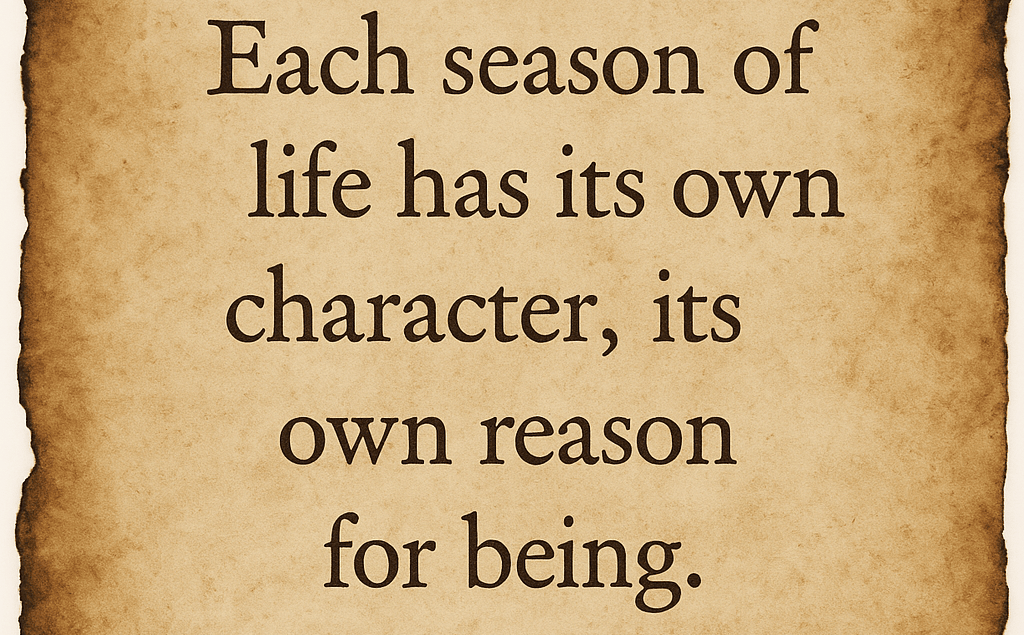

2. Your mind can stay young even if your knees don’t.
Cicero believed mental activity was the real fountain of youth. Read. Reflect. Stay curious. Engage in thoughtful conversations.
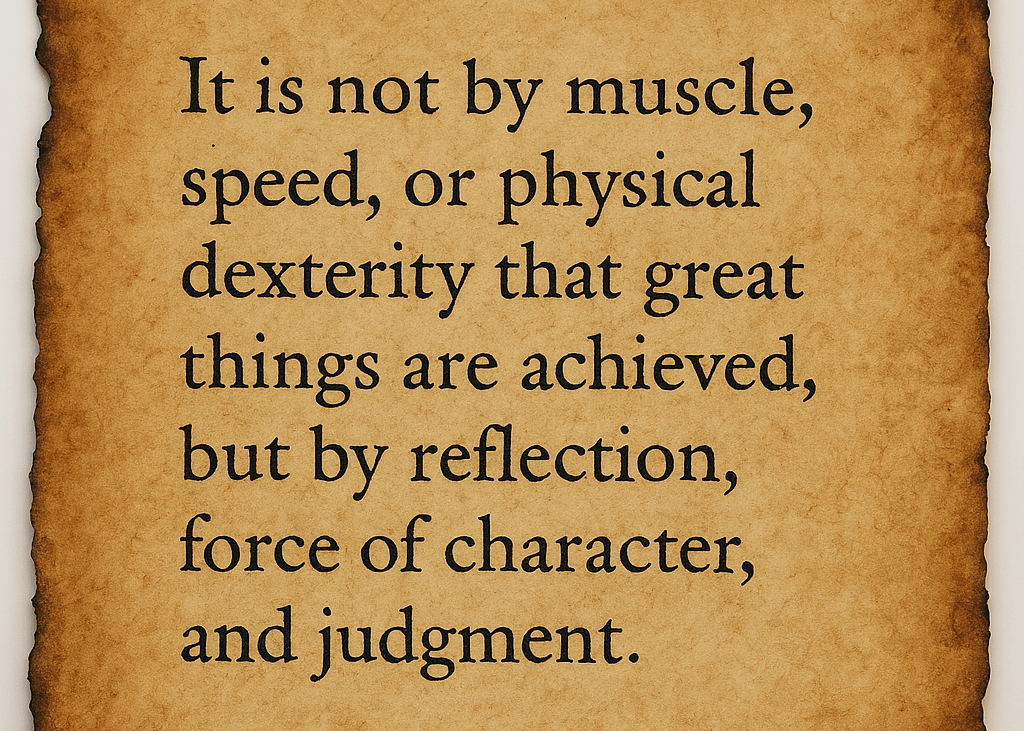

Staying mentally awake, he said, was the real anti-aging secret.
3. You don’t stop being useful. You just give differently.
He admired older people who stayed involved - not trying to compete with youth, but offering something youth can’t always give: wisdom, clarity, calm.
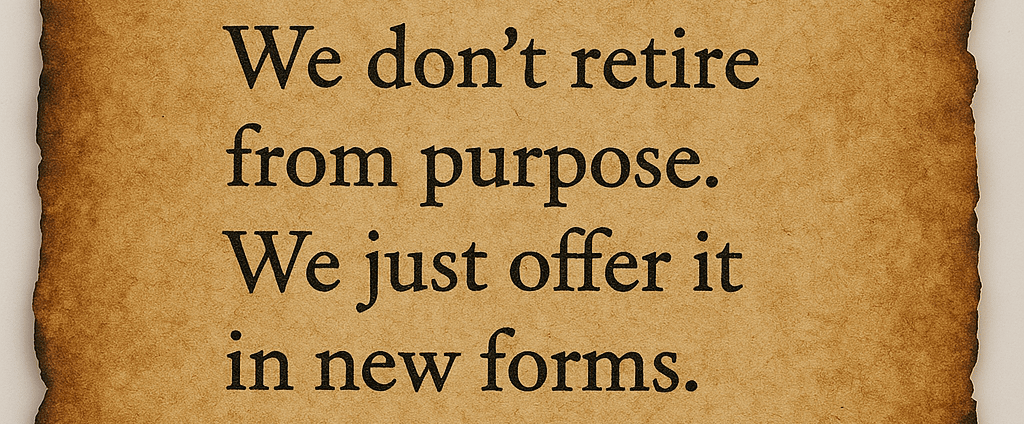

4. Aging doesn’t begin at 60. It begins in how we live now.
Cicero believed that old age reflects who we’ve been becoming all along. It’s not something that starts when your hair turns gray. It starts much earlier - in how we show up for life.
There’s a saying I once heard: when you’re young, your face is a gift from nature.
After 50, it’s your own. Every line tells a story. Every expression reflects who you’ve become.
5. Aging is a part of life’s rhythm - not its end.
Aging, in Cicero’s world, wasn’t about loss. It was a harvest.
A time to pass on wisdom. To enjoy quiet moments. To stop apologizing for taking up space - and just be.
Not shrinking, but ripening.
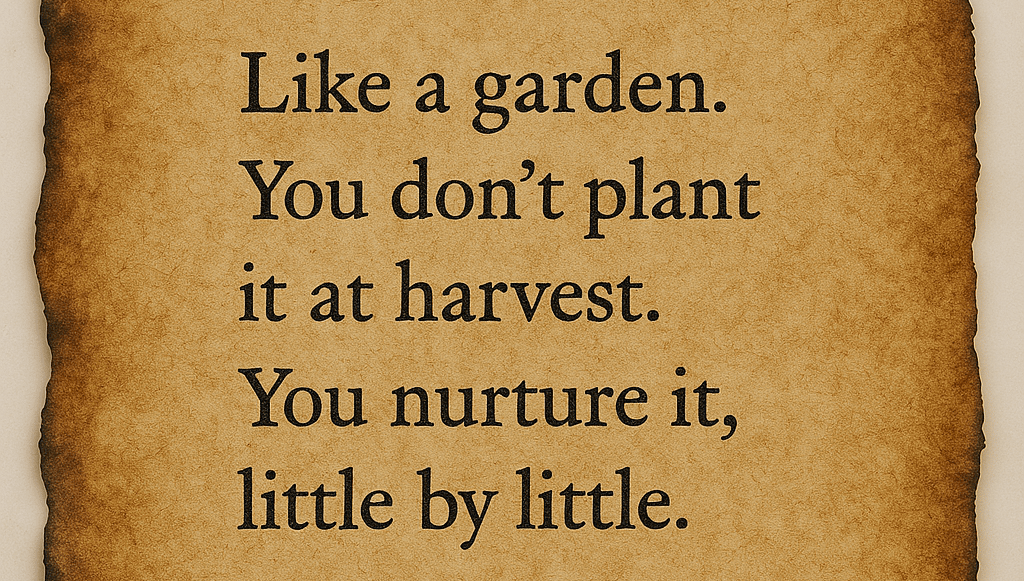



Cicero made me feel proud to be the age I am.
He reminded me that aging isn’t the opposite of living - it’s part of it.
A different chapter. One with more space. More insight.
And maybe - if we pay attention - more joy than we expected.
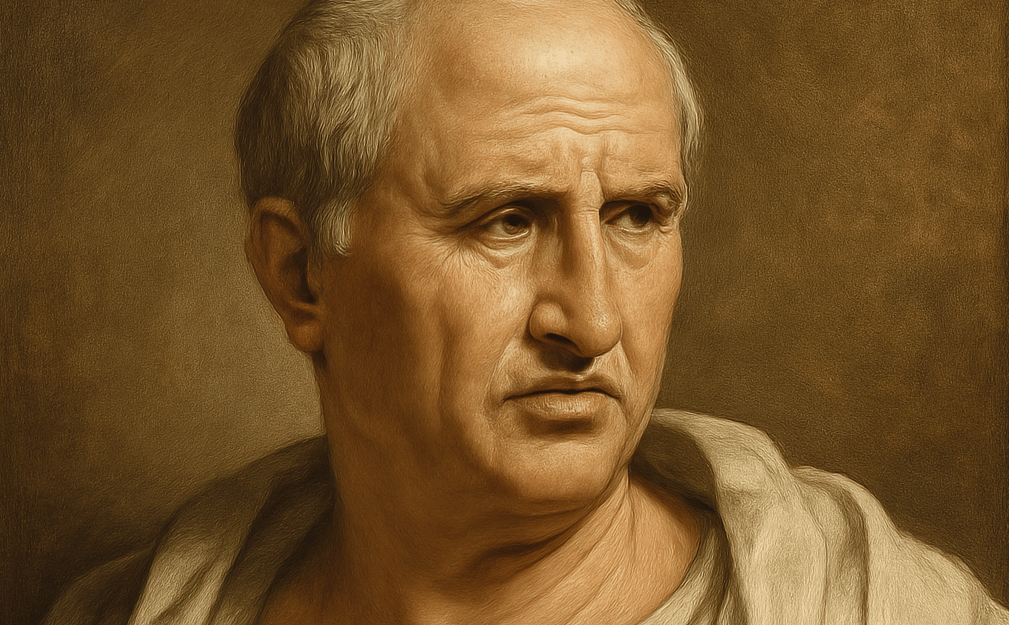

This article is part of my series on Aging with wisdom.
Read also:
Confucius didn’t rush. Maybe I shouldn’t either
Nietzche. Too old for pretending, too young to stop
Montaigne. I’m 59. Still curious. Still learning.
The future is new. The Stoics are timeless.
Worlds Within
Beautiful. Unfinished. You.
Contact me:
© 2024 Worlds Within. All rights reserved.
life@worldswithin.life
